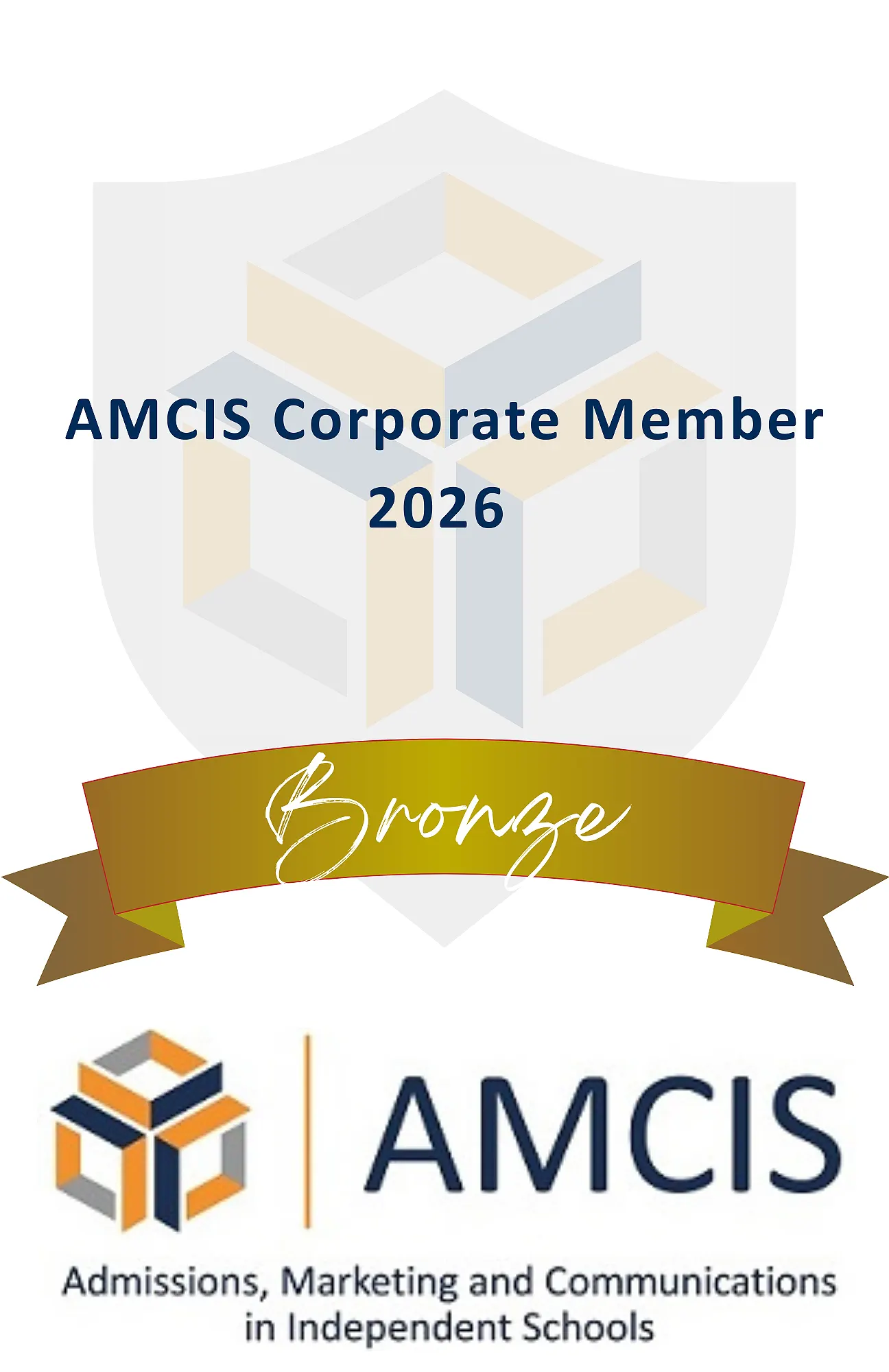Imagine this. You’re an education marketer who prides themselves on creating insight-driven student personas. Every time you prepare for a campaign, you painstakingly go over 100-page market reports to understand your future lead(ers). You carefully map student journeys across recruitment funnels and ensure that no touchpoint has been left, well…untouched.
Then one day, you realize that the new and trendy, non-degree, online programs you’re selling to trusting students (in a sea of thousands of similar programs) are not effective at all, and are especially detrimental for Black and Hispanic students.
How would that make you feel?
Well, the truth is that the education industry is only now coming to grips with the impact of massive open online courses, bootcamps, and other short-term programs. One of the key issues that come with these highly attractive, non-degree programs is that they’re marketed as an equivalent to a college education.
Unfortunately, the numbers don’t say as much. The college wage premium still exists whilst remaining flattened over the past 15 years. In one example, ThinkTank New America conducted a study that found that short-term credentials held in female-dominated occupations led to substantially lower earnings. In the same study, it was found that Latinos and African Americans with certificates had lower earnings than white workers with certificates.
In a world where disadvantaged minorities have far fewer degree credentials than their white counterparts, it’s increasingly important for educators, policymakers, and marketers to adapt to the dynamic shifts in the industry and respond constructively to these old challenges in their new mutations.
So, what can you do as an educator or education marketer?
Presenting non-degree programs as a solution for minorities ignores the systemic barriers they face in accessing quality education. Be wary of your claims and always back promises up with real evidence and data, so students can make informed decisions about their future.
Some educational institutions have also embraced an “Income Sharing Agreement Model” where students only pay the program fees if they land a job after program completion.
It’s also important to remember that non-degree alternatives can play a valuable role in education. Any means of education meant for real skill development can lead to upward mobility and shouldn’t simply be discarded. However, they should be positioned and marketed with perhaps a little bit more insight as the online education landscape continues to change.






